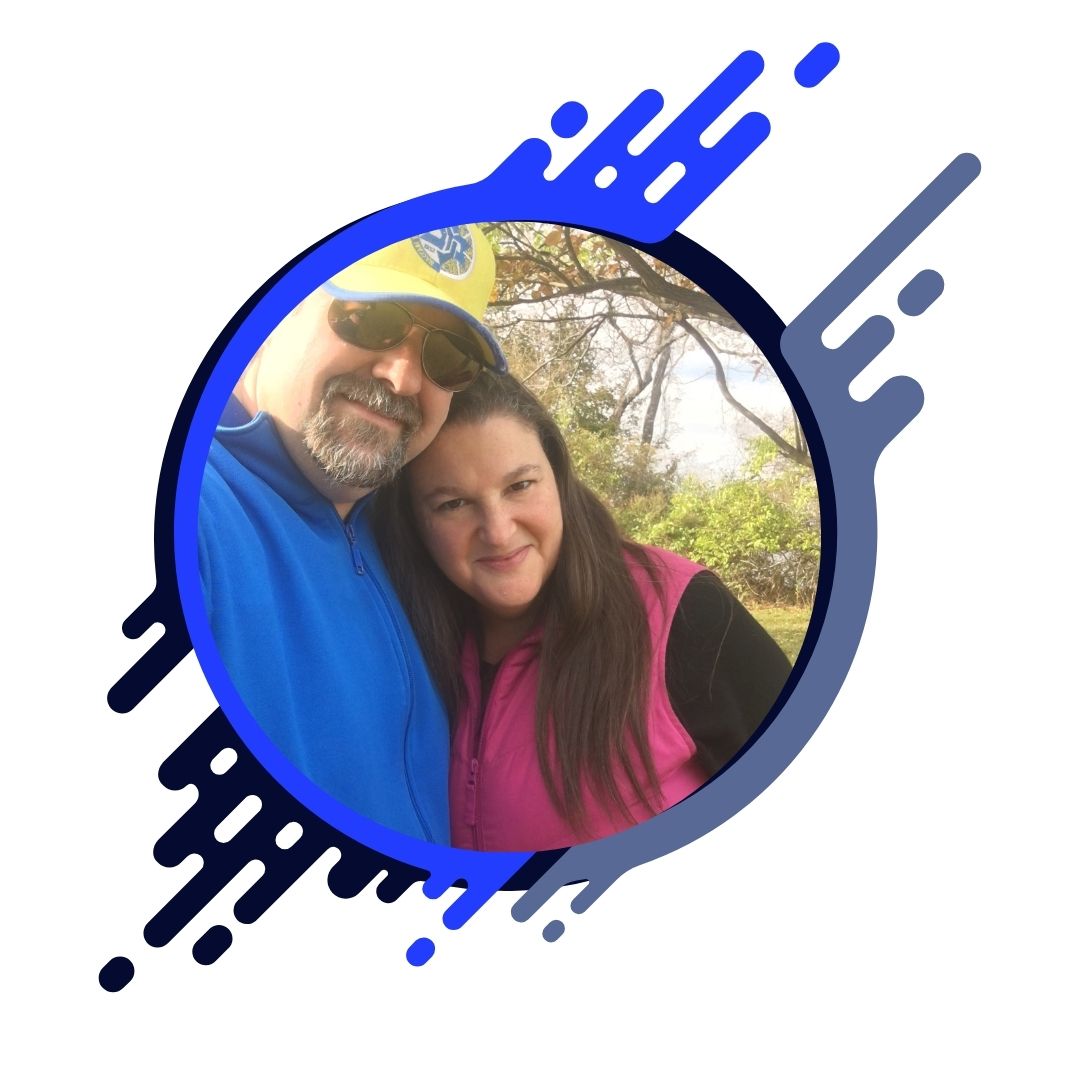
Attention-Deficit/Hyperactivity Disorder (ADHD) is one of the most commonly diagnosed neurodevelopmental conditions. However, misinformation about its causes, symptoms, and effects on daily life is widespread, leaving many individuals and families feeling confused and unsupported. Whether you’re a parent of a child recently diagnosed with ADHD, someone living with it yourself, or a health enthusiast keen on holistic well-being, gaining a better understanding of ADHD is essential to fostering empathy and providing effective support.
What Is ADHD?
ADHD is a neurological condition that affects the brain’s executive functioning, which includes skills like focus, memory, organization, and emotional regulation. ADHD often manifests in one of three types:
- Predominantly inattentive type (commonly associated with trouble focusing and forgetfulness)
- Predominantly hyperactive-impulsive type (characterized by restlessness, impulsivity, and excessive energy)
- Combined type, which features symptoms of both inattention and hyperactivity-impulsivity
It’s important to note that ADHD isn’t a reflection of intelligence or ability. Instead, it reflects differences in how the brain processes information and stimuli.
Who Does ADHD Affect?
ADHD is most often diagnosed in children, but it is not exclusive to youth. Many adults live with ADHD, with symptoms that may have been overlooked or misunderstood during their childhood. Research estimates that approximately 5% of the global population has ADHD, indicating how prevalent and diverse this condition is.
Common Symptoms and Their Impact on Daily Life
Managing life with ADHD can bring unique challenges for both children and adults. Symptoms can show up differently in everyone, but here are some common struggles and how they might appear in everyday life:
1. Difficulty Sustaining Focus
Individuals with ADHD often find it hard to maintain attention, especially for tasks that require prolonged mental effort or feel uninteresting.
- Impact: Kids might struggle in school by frequently zoning out, while adults could face difficulties completing long-term projects at work.
2. Forgetfulness and Disorganization
For many with ADHD, it can be challenging to keep track of multiple tasks, events, or even everyday objects like keys or school supplies.
- Impact: A child may constantly forget their homework, while a parent with ADHD might feel overwhelmed juggling family schedules and commitments.
3. Impulsivity
A hallmark symptom of ADHD is acting without thinking, which can result in interrupting conversations, making hasty decisions, or struggling with patience.
- Impact: For children, this might include blurting out answers in class; for adults, it might lead to impulsive spending or difficulties maintaining relationships.
4. Hyperactivity
Hyperactivity often looks like excessive energy that’s hard to channel appropriately. Children and adults may struggle to sit still or engage in quiet activities.
- Impact: A child may constantly be fidgeting or running around, while an adult might deal with a restless mind that makes it hard to unwind.
5. Emotional Regulation Challenges
Many individuals with ADHD experience trouble managing their emotions, leading to frustration or heightened sensitivity to criticism.
- Impact: This could cause temper tantrums in kids or difficulty handling workplace feedback for adults.
The Need for Empathy and Support
Understanding ADHD is the first step to creating an environment where those with this condition feel supported rather than misunderstood. It’s important to recognize that ADHD is not caused by lazy parenting, bad habits, or a lack of discipline. Rather, it’s the result of complex neurological factors.
For families, creating routines, practicing patience, and offering structured yet flexible support can make a world of difference. Similarly, advocating for accommodations at schools and workplaces can help individuals with ADHD thrive in their environments.
Exploring Holistic Approaches
While treatment plans often include medication and behavioral therapy, many families and individuals are also exploring holistic approaches to managing ADHD alongside traditional methods. These approaches focus on improving overall well-being and tapping into natural support systems:
1. Nutrition and Diet
Research shows that a nutrient-rich, balanced diet may positively impact ADHD symptoms. Foods rich in omega-3 fatty acids (found in fish like salmon) and avoiding artificial food coloring or excessive sugar can help with focus and emotional stability.
2. Exercise
Engaging in regular physical activity is a powerful tool for managing hyperactivity and impulsivity. Activities like yoga, swimming, or a daily walk can help channel excess energy positively.
3. Mindfulness Practices
Practices like meditation, deep breathing exercises, or journaling can help children and adults with ADHD develop better emotional awareness and resilience.
4. Creating a Sensory-Friendly Environment
For individuals sensitive to external stimuli, decluttering spaces, adding calming lighting, or using noise-canceling headphones can greatly improve concentration and comfort.
Building a Supportive Community
Living with ADHD, whether as the individual or a caregiver, can sometimes feel isolating. However, connecting with others who share similar experiences can offer invaluable lessons and validation. Joining local or online ADHD support groups can foster a sense of belonging and encourage the sharing of coping strategies.
Empowering Families and Individuals with ADHD
ADHD is not a limitation—it’s a different way of experiencing the world. With the right tools, resources, and understanding, individuals with ADHD can harness their unique energy and creativity to thrive in their personal and professional lives.
If you’re a parent, lean on a compassionate approach to help your child learn and grow. If you’re living with ADHD, remember that you’re not alone—there’s a growing community ready to support you.
Looking for more strategies or resources to better manage ADHD? Stay tuned for upcoming posts, where we’ll explore actionable tips, expert advice, and stories from families and individuals who’ve embraced their ADHD journeys.
Your path to understanding and empowerment begins here. Keep learning, keep growing, and above all—keep thriving.


0 Comments